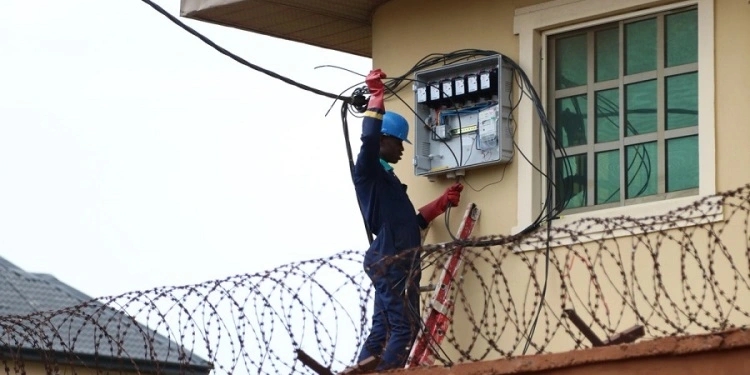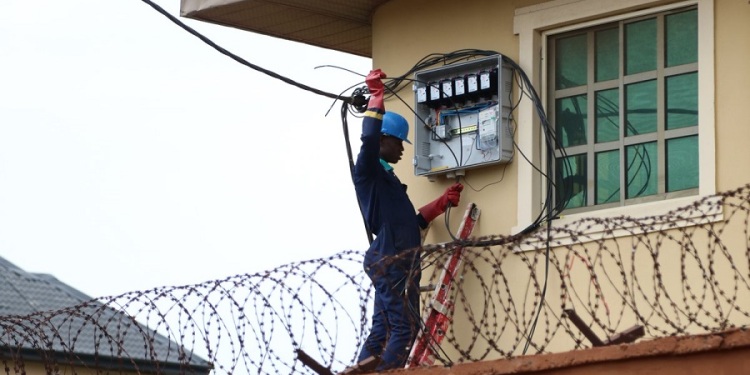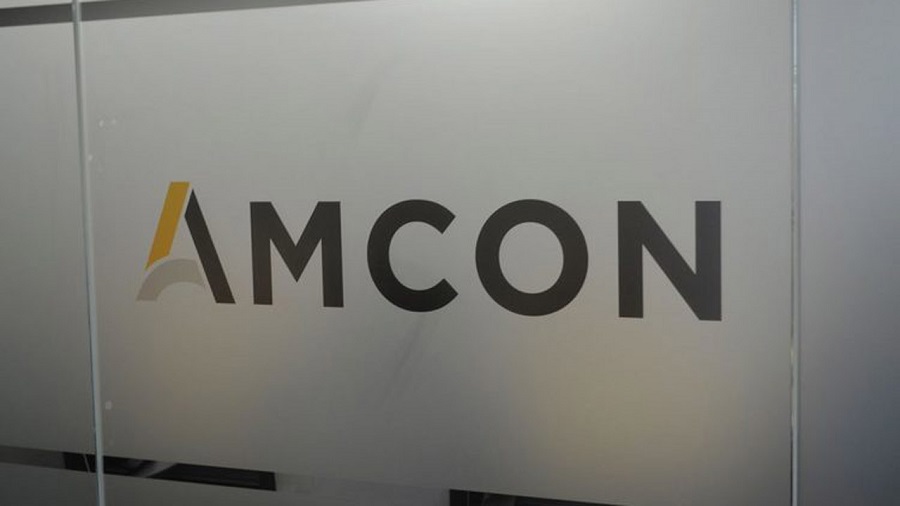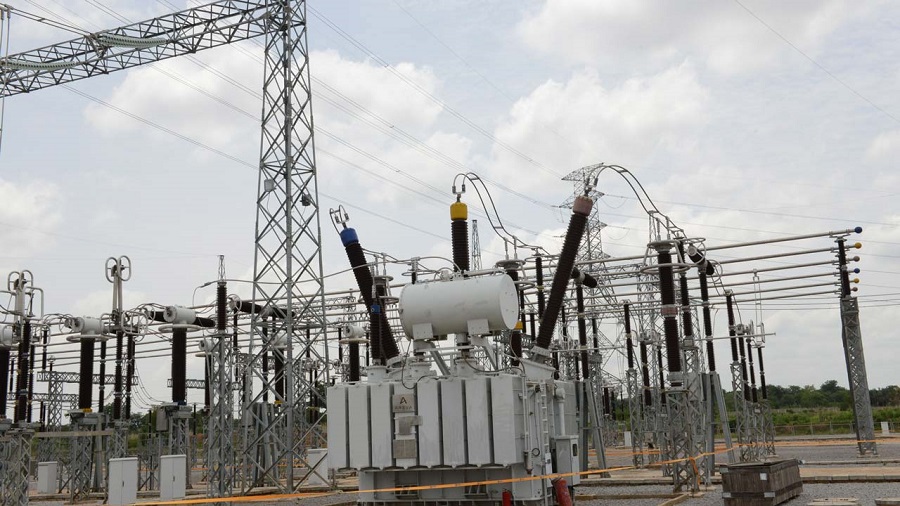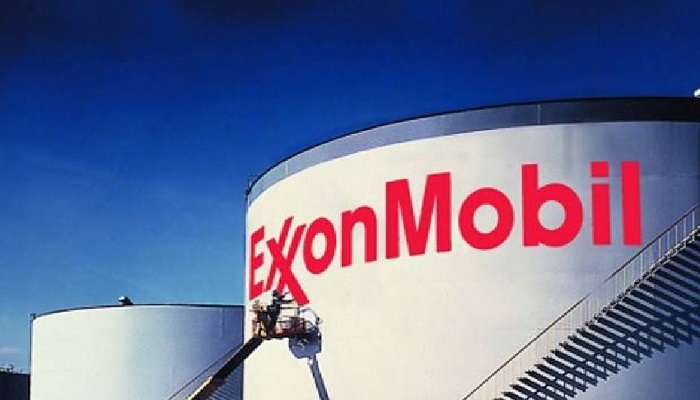Key highlights
- NERC said funding to provide more meters would be disbursed by the Central Bank of Nigeria.
- Phase zero of the metering scheme saw over one million meters provided, and the first phase of the initiative will make available four million meters to customers.
- Inflation, exchange rate, and cost of Labour, among other factors reasons for increased tariffs.
Nigeria’s Electricity Regulatory Commission (NERC) announced that it plans to provide 4 million prepaid meters to electricity consumers in Nigeria.
This was disclosed by its Commissioner, Consumers Affairs, Aisha Mahmud, in Jos at the Customers’ Complaints Resolution Meeting Organised on Tuesday.
The NERC Chief noted that metering is one of the biggest challenges they have been facing in the last couple of years in the commission.
Challenges
Mahmud, added that the challenge of delivering meters to customers, nationwide would soon be a thing of the past, citing measures implemented by the FG to improve prepaid metering distribution including the National Mass Metering Programme (NMP), she added:
- ”Actually, metering is one of the biggest challenges that we have been facing in the last couple of years in the commission.
- ”I don’t think this is funny given that so many investments have been made in the power sector.
- ”It is said that in Nigeria, electricity generation started in Lagos as far back as 1826 with 20 megawatts. 126 years down the line, we are still talking about basic things such as metering, a phase we should have passed a long time ago.
Phase Zero
The NERC Chief also noted that Nigeria just concluded phase zero of the NMP where over one million meters were provided, citing that the next phase will increase access to 4 million urging that preparations had been concluded and that funding for the project would come through the Central Bank of Nigeria (CBN) she said:
- ”Aside from many interventions in that regard, including the phase zero of the NMP where over one million meters were provided, the first phase of the initiative will make available four million meters to customers.”
- ”We shall make available these meters to customers through the distribution companies and this is to show that the regulator is not just sitting but making efforts to see that all Nigerians have access to meters.
- ”So, we shall do all it takes as regulators to ensure that the issue of metering becomes a thing of the past. I strongly believe that with the plans ahead, we will overcome this challenge soon.
Tariff
NERC revealed that inflation is one of the main factors affecting the increasing rate of electricity tariff inflation others include rising exchange rate, cost of gas, labor generation, and other economic realities in the country.
- ”Inflation has gone up to double-digit, exchange rate, even the official rate is crazy, operators purchase most of their equipment abroad using the current exchange rate. The cost of labor keeps increasing, among other factors.”
What you should know
The total number of paying electricity customers in Nigeria grew 1.20% to 10.94 million in Q3 2022 compared to 10.81 million in Q2 2022.
However, On a year-on-year basis, customer numbers in Q3 2022 declined by 1.19% from Q3 2021 (11.07 million). This was disclosed by the National Bureau of Statistics on Monday, in its Electricity Report Q3-Q4 2022, Revenue collected by the DISCOs during the period stood at N202.62 billion in Q3 2022 from N188.41 billion in Q2 2022.
The report noted that the total customer numbers in Q3 2022 stood at 10.94 million from 10.81 million in Q2 2022, showing a rise of 1.20%.
- “On a year-on-year basis, customer numbers in Q3 2022 declined by 1.19% from Q3 2021 (11.07 million).
- “In Q3 2022, metered customers stood at 5.02 million from 4.96 million in Q2 2022, indicating a 1.33% increase.
- “However, on a year-on-year basis, this grew by 5.71% from the figure reported in Q3 2021 which was 4.75 million. Similarly, estimated customers stood at 5.91 million in Q3 2022, higher by 1.09% from 5.85 million in Q2 2022.

